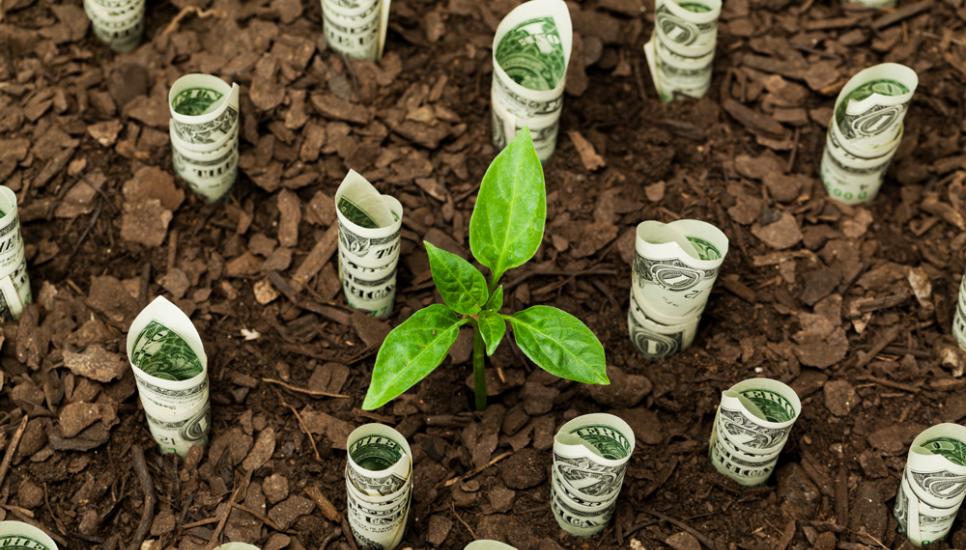Family next generations on a mission to impact invest

Successors of family fortunes are leading the charge in sustainable investing, but there is still not enough information about the discipline in the marketplace to help interested families.
The new Global Family Office Report 2018 by Campden Research revealed more than one-third (38%) of family offices of significant wealth were now engaged in sustainable investing. Clean energy, water, gender equality and healthcare were the most popular mission-driven sectors families invested in.
Nearly half (48%) of all principles surveyed said they intended to increase their sustainable investments over the next 12 months. A substantial 39% said they expected to increase their allocation to sustainable investing when the next generation took control of the family’s wealth.
Involving the next generation in philanthropic or impact investing projects was common among a third of families (32%), as one North American multi family office executive told researchers: “The biggest thing that I try to push for from a governor’s perspective is to use the philanthropic structures as a way to engage the next generation, to help educate them on investment opportunities, allocation building, how to actually vet a charity, how to actually make a grant.
“It’s a way to bring the next generation up to speed.”
The Global Family Office Report defined sustainable investing as a broad set of investment strategies that incorporates environmental, social or governance (ESG) considerations into the investment process.
“Sustainable investing consists of three distinct approaches that can be used individually or in combination: exclusion, ESG-integration and impact investing,” the report said.
The latter aspect, impact investing, continues to generate heat in the family office space. The report defined impact investing as investing for the purpose of a financial return and measurable social and/or environmental impact. Like sustainable investing as a whole, about one-third (32%) of families surveyed said they were involved in impact investing, a notable 4.2 percentage point increase on 2017.
The 68% of families not engaged in impact investing had differing approaches when it came to ‘doing good’. Some said they were not familiar, or did not fully understand, the relatively new concept while others thought returns would be stronger through traditional philanthropy, such as the family foundation.
Private equity (67%) and equity (39%) were the most common asset classes for impact investing, but families also delved into real estate (27%) and microfinance (21%), private debt (20%) and alternatives (17%).
 Education continued to be the most popular cause for impact investing in the 2018 report with 51% of families focused on supporting schools, colleges, universities and scholarships to building classrooms from scratch.
Education continued to be the most popular cause for impact investing in the 2018 report with 51% of families focused on supporting schools, colleges, universities and scholarships to building classrooms from scratch.
However, the measurement of the social and environmental impact from investing was the most common challenge (52%) for families with due diligence not far behind (43%).
Some 229 of the world’s leading impact investors organisations collectively manage more than $228 billion in impact assets around the world, according to the GIIN Annual Impact Investor Survey 2018.
Click here to order your copy of The Global Family Office Report 2018. Visit CampdenFB.com for news, views and features about the report's findings. Follow #GFO2018 on social media.






